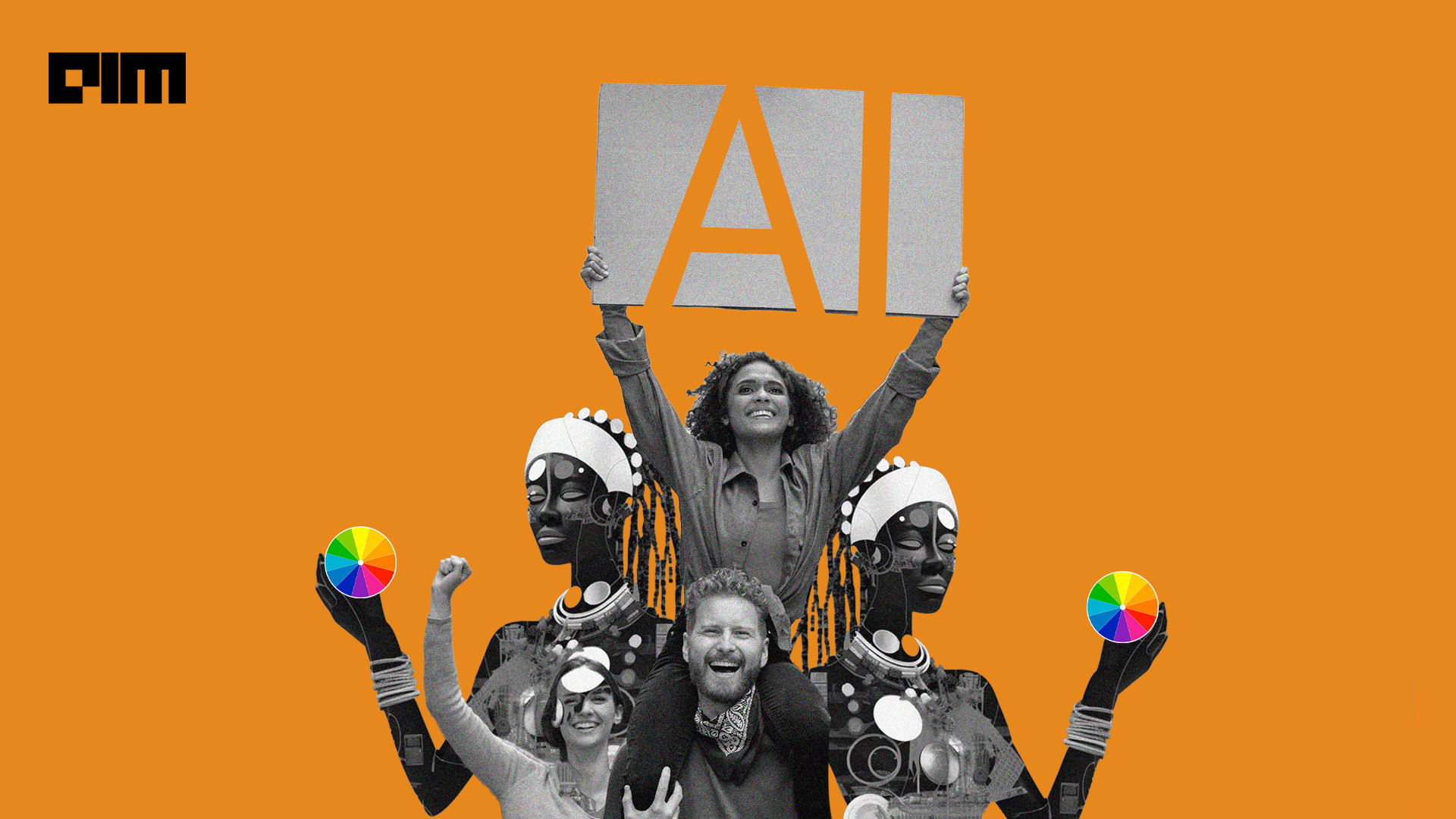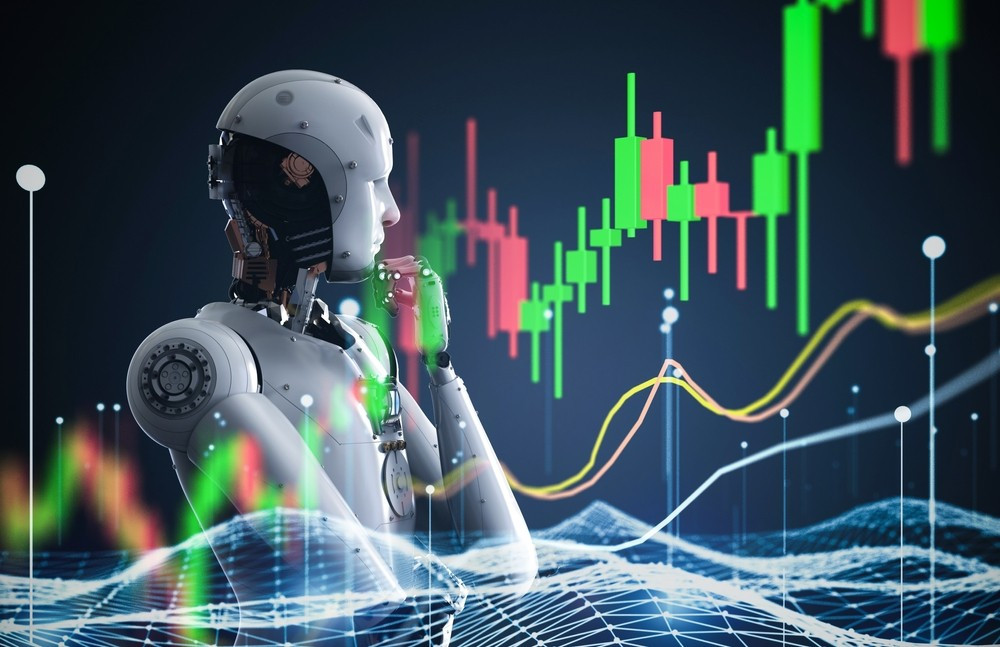A New Era of Automation: AI's Rise and the Future of Work
The rise of Artificial Intelligence (AI) is reshaping our world at an unprecedented pace. From self-driving cars to personalized medicine, AI is permeating every aspect of our lives, including the job market. While AI promises to enhance efficiency and productivity, it also raises concerns about its impact on employment. The question on everyone's mind is: will AI create more jobs or displace human workers?
Industries Under AI's Influence
The potential of AI to automate tasks is transforming various industries. From manufacturing to healthcare, AI is taking on roles previously performed by humans. Here's a glimpse of how AI is changing the landscape:
Manufacturing
In manufacturing, AI-powered robots are revolutionizing production processes. They can perform repetitive tasks with greater accuracy and speed, leading to increased efficiency and lower costs. However, this also raises concerns about job displacement for factory workers.
Customer Service
AI-powered chatbots are increasingly becoming the first point of contact for customer inquiries. They can handle basic queries and provide instant responses, freeing up human customer service representatives to focus on more complex issues. While this can improve customer experience, it also raises questions about the future of customer service jobs.
Healthcare
AI is making strides in healthcare, with applications ranging from disease diagnosis to drug discovery. AI-powered tools can analyze medical images, identify potential health risks, and assist in surgical procedures. This can lead to improved patient outcomes and reduced healthcare costs. However, there are concerns about the potential for AI to replace human healthcare professionals.
Finance
AI is transforming the financial sector, automating tasks like fraud detection, credit risk assessment, and investment management. AI-powered algorithms can analyze vast amounts of data to identify trends and make predictions, improving efficiency and profitability. But this also raises concerns about the potential for AI to displace human financial analysts and traders.
The Skills Gap and the Need for Adaptability
The rise of AI is highlighting the importance of adaptability and upskilling. While some jobs might be automated, new opportunities will emerge in fields related to AI development, data analysis, and AI ethics. To thrive in the future of work, individuals need to develop skills that complement AI, such as creativity, critical thinking, and problem-solving.
The Importance of Lifelong Learning
In an AI-driven world, lifelong learning is essential. Continuous education and skill development will be crucial for workers to remain competitive and adaptable. This can involve acquiring new technical skills, developing soft skills like communication and collaboration, or pursuing higher education in fields like data science or AI engineering.
AI: A Force for Good or a Threat to Humanity?
The impact of AI on the job market is a complex issue with no easy answers. While AI has the potential to create new opportunities and improve productivity, it also poses challenges for workers. The key to navigating this transition lies in embracing adaptability, upskilling, and fostering a collaborative relationship between humans and AI. By investing in education, training, and social safety nets, we can harness the power of AI to create a more prosperous and equitable future for all.
A Collaborative Future: Humans and AI Working Together
The future of work is not about humans versus AI, but rather about humans and AI working together. AI can augment human capabilities, freeing up workers to focus on tasks that require creativity, empathy, and critical thinking. This collaborative approach can lead to greater productivity, innovation, and job satisfaction.
Embracing AI for a Brighter Future
AI is a powerful tool that can be used for good or for bad. By harnessing its potential ethically and responsibly, we can create a future where AI enhances our lives and empowers us to achieve our full potential. This requires proactive measures from governments, businesses, and individuals to ensure that the benefits of AI are shared by all.

















